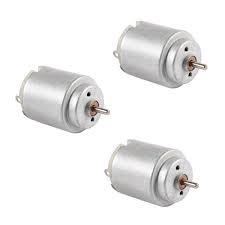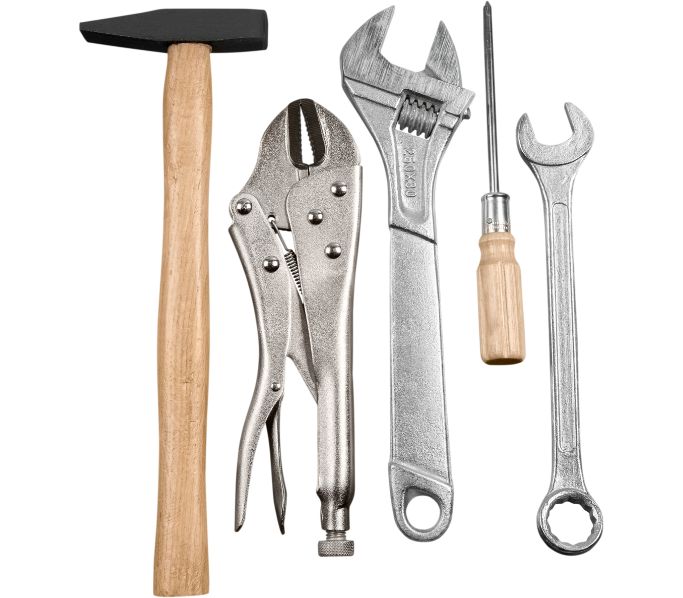Micro motors, small yet powerful devices, are integral to various applications across multiple industries. They are utilized in everything from medical devices and consumer electronics to automotive and aerospace engineering. As the demand for these compact motors grows, so does the need for buyers who can navigate the complexities of acquiring micro motors. This article delves into the nuances of the micro motors market, focusing on the characteristics and requirements of buyers in this sector.
1. Overview of Micro Motors
Micro motors are miniature electromechanical devices designed to provide precise and efficient motion control. These motors are characterized by their compact size, typically ranging from a few millimeters to a few centimeters in diameter. Despite their small size, micro motors offer impressive performance, including high torque, speed, and accuracy. They are commonly used in applications such as:
- Medical Devices: Micro motors power surgical tools, diagnostic equipment, and prosthetics, requiring high precision and reliability.
- Consumer Electronics: In devices like smartphones, cameras, and wearable technology, micro motors drive various functions, including autofocus, vibration feedback, and more.
- Automotive Industry: Micro motors are used in advanced driver-assistance systems (ADAS), seat adjustments, and other automotive features.
- Aerospace: In aerospace applications, micro motors contribute to systems such as satellite positioning and control surfaces.
2. Key Characteristics of Micro Motors Buyers
Micro motors buyers come from diverse sectors and have specific needs and preferences. Understanding these characteristics is crucial for manufacturers and suppliers aiming to meet market demands effectively.
2.1 Industry-Specific Requirements
Different industries have unique requirements for micro motors. For example:
- Medical Device Manufacturers prioritize reliability, precision, and compliance with stringent regulatory standards. They often require motors with high performance and durability.
- Consumer Electronics Companies seek micro motors that offer compact size, low power consumption, and cost-effectiveness. Innovations in this sector drive demand for cutting-edge motor technology.
- Automotive Suppliers focus on motors that can withstand harsh environments, offer high torque, and integrate seamlessly with vehicle systems.
- Aerospace Organizations require micro motors with exceptional reliability and performance under extreme conditions, including temperature variations and vibrations.
2.2 Technical Specifications
Micro motors buyers often seek specific technical attributes, including:
- Torque and Speed: Depending on the application, buyers may need motors with varying torque and speed capabilities. For instance, medical device manufacturers might require high-precision motors with controlled speed, while automotive applications might demand higher torque.
- Size and Form Factor: The compact size of micro motors is a crucial factor for integration into tight spaces. Buyers often specify dimensions and form factors to match their design constraints.
- Power Consumption: Efficiency is vital, particularly for battery-operated devices. Buyers look for micro motors that offer optimal performance with minimal power consumption.
- Durability and Reliability: Especially in critical applications, such as aerospace and medical devices, durability and long-term reliability are essential considerations.
2.3 Cost and Budget Constraints
Cost is a significant factor in purchasing decisions. Micro motors buyers must balance performance and quality with budget constraints. Manufacturers often offer various pricing tiers based on motor specifications and volume, allowing buyers to choose based on their needs and financial considerations.
3. The Procurement Process for Micro Motors
The procurement process for micro motors involves several stages, each critical to ensuring that the buyer acquires the right product for their application.
3.1 Supplier Selection
Choosing the right supplier is the first step. Buyers typically evaluate suppliers based on:
- Reputation and Reliability: Suppliers with a proven track record of delivering high-quality micro motors are preferred.
- Technical Expertise: Suppliers who can offer technical support and guidance are valuable, especially for complex applications.
- Certifications and Compliance: Compliance with industry standards and certifications (e.g., ISO, CE) is crucial for ensuring product quality and regulatory adherence.
3.2 Customization and Development
In many cases, buyers require customized micro motors tailored to their specific needs. This involves:
- Collaborative Design: Working with suppliers to design motors that meet unique specifications and performance criteria.
- Prototyping: Testing prototypes to validate performance and make necessary adjustments before final production.
3.3 Quality Assurance and Testing
Ensuring the quality and reliability of micro motors is paramount. Buyers often require:
- Rigorous Testing: Comprehensive testing to verify motor performance, durability, and compliance with standards.
- Quality Control Processes: Suppliers should have robust quality control measures in place to prevent defects and ensure consistent product quality.
3.4 Delivery and Logistics
Efficient delivery and logistics are essential for meeting production schedules and minimizing downtime. Buyers must consider:
- Lead Times: The time required for production and delivery can impact project timelines.
- Shipping and Handling: Proper packaging and shipping methods to protect delicate micro motors during transit.
4. Trends Influencing the Micro Motors Market
Several trends are shaping the micro motors market and influencing buyer behavior.
4.1 Technological Advancements
Advancements in micro motor technology, such as improved materials, miniaturization, and enhanced performance, are driving demand. Buyers are increasingly seeking motors with cutting-edge features and capabilities.
4.2 Growing Demand for Miniaturization
The trend toward smaller and more compact devices across various industries is increasing the demand for micro motors. Buyers are looking for solutions that offer high performance in ever-shrinking form factors.
4.3 Sustainability and Environmental Considerations
Sustainability is becoming a key consideration in the procurement of micro motors. Buyers are increasingly interested in motors that are energy-efficient, made from recyclable materials, and produced using environmentally friendly processes.
4.4 Globalization and Supply Chain Dynamics
The global nature of the micro motors market means that buyers must navigate complex supply chains and consider factors such as international regulations, trade policies, and logistical challenges.
5. Conclusion
The market for micro motors is diverse and dynamic, with buyers representing various industries and having unique needs. Understanding these needs and the procurement process is crucial for suppliers aiming to meet market demands effectively. As technology continues to evolve and industries strive for greater efficiency and innovation, the role of micro motors and their buyers will remain pivotal in shaping the future of numerous applications.
By staying informed about market trends, technological advancements, and buyer requirements, both suppliers and buyers can navigate the complexities of the micro motors market and achieve successful outcomes.




